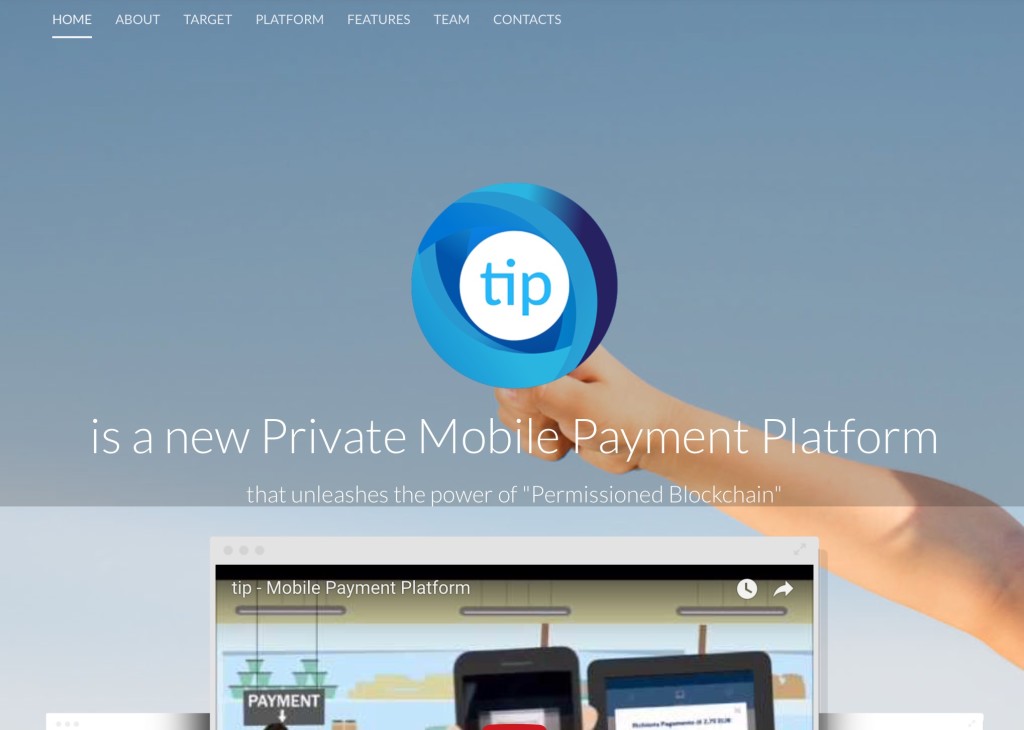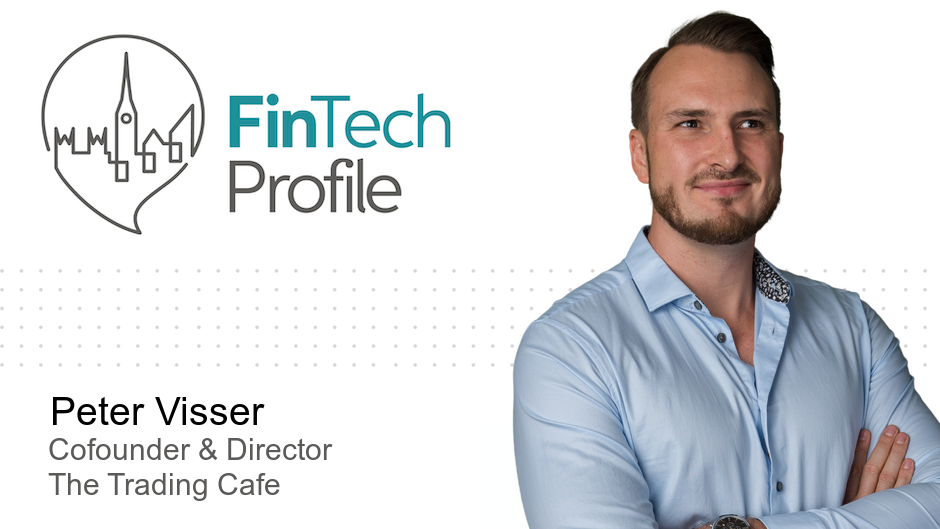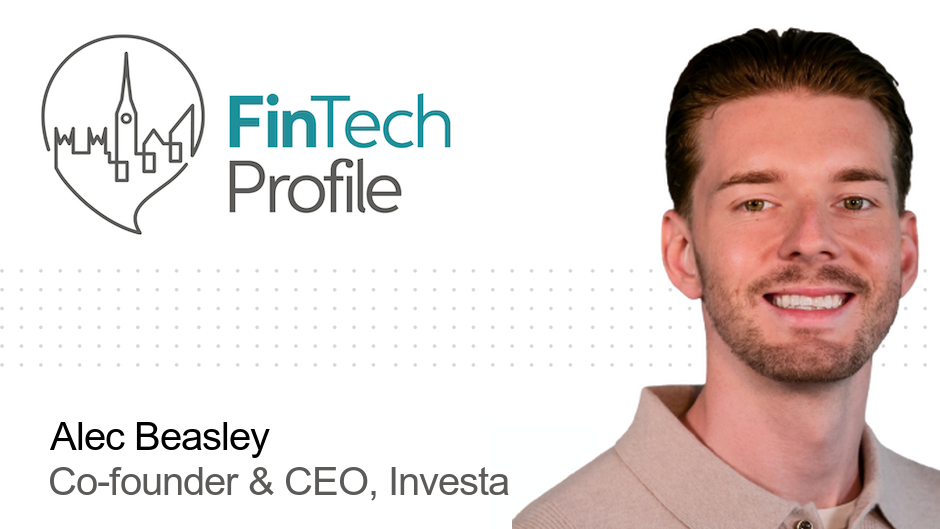Marco Monaco from tip

Today we are joined by Marco Monaco from tip; a new private mobile payments platform.
Let’s find out more about them. As always our questions are in bold.
– – – – –
Who are you and what’s your background?
I’m a tech passionate and IT professional. I started to study Blockchain technology in late 2012 when I was offered to be paid in Bitcoin for a freelance job. At that time I didn’t know what Bitcoin was, so I started to investigate.
As an innovative tech passionate, it was a mind-blowing discovery for me. I’m a Telecommunication Engineer and graduated in 2009 from the University of Naples Federico II. At that time I was already a tech passionate and a web developer. My first experience begun during the last part of my university masters degree: a 6 months consulting experience where I met Simone and Riccardo, my co-founders at tip. After that experience, I was involved in several companies with very different duties: I have been a Developer (J2EE, C++, JS, C#), a Functional Analyst, a System Administrator and actually an Enterprise Architect. I had several short overseas experiences, mainly when I joined a project for NATO that took me to visit several European Countries.
Even if my background is quite technical, my personal ambition was to be a successful entrepreneur, but I knew that I couldn’t do it alone, so I asked Simone and Riccardo to join me in this adventure: they can bring skills to tip that I can’t provide right now. Simone and Riccardo are both engineers, but with very different backgrounds: the first has Program Management and Financial Controller experience in a multinational utility company, the latter is a Business Developer for a multinational company in the renewables market, with considerable overseas experience.

What is your job title and what are your general responsibilities?
I’m the CEO and Founder of tip. I developed the technology at the core of the platform, by customizing the code of a public Blockchain project. Moreover, I took care of the development of the user interfaces apps and the design of the future production architecture. Now I still look after all the technical issues at tip, but at the same time, I also deal with investors and take part in public conferences, to promote the tip proposition.
Can you give us an overview of your business?
Tip is an asset sharing platform that runs over a Private Permissioned Blockchain.
tip allows the management of any kind of asset: money, votes, shares, properties, etc. The platform allows the issuance, management, tracking and exchange of any asset, keeping the implementation costs low and providing quite high performances. The tip platform is the core of our business and is composed of:
– the backend core system
– a Wallet App to manage and exchange assets
– a Management Console that allows the ‘Owner of the Circuit’ to create and manage user accounts and issue new assets
Leveraging the tip platform as an underlying technology, as well as the user oriented experience, we offer some customised applications to address specific markets.
Tell us how you are funded.
At this stage (Jan 2016) we are funded by ourselves. We took 2 years to create the prototype, doing it during our free time, nights and Sundays. Now we are looking for an investor that will drive us to the market.
Why did you start the company? To solve what problems?
The tip platform itself is aimed at reducing the complexity of current asset management. Moreover Blockchain technology enables huge cost savings and improves security and performance.
The flexibility of the tip platform allows the mangement of many asset management applications, providing a secure, efficient and low cost service based on our Permissioned Blockchain Technology.

Who are your target customers? What’s your revenue model?
We provide asset sharing services, based on the tip platform, providing an advantage in controlling and managing value transfer.
As we consider value in a general meaning, we address more than one market. Our customers can be Municipalities looking for a private payment circuit to be implemented among their citizens, as well as Institutions/Companies that want to certify their internal process flows.
Regardless of the specific service provided, we base tip’s revenues on a Software as a Service Business Model.
If you had a magic wand, what one thing would you change in the banking and/or FinTech sector?
Managers who run businesses as usual, who ignore innovation and are still stuck in an old-fashioned system.
What is your message for the larger players in the Finance industry?
Keep an eye on the two main streams that will involve the future of Banking and Finance: FastData and Blockchain. These two stream are connected to each other and can improve the efficiency of the financial institutions who embrace them.
What phone are you carrying and why?
Samsung Galaxy S6 Edge. I like the design and the hardware, plus I’ve bought a lot of Music, Apps and Contents from Play Store and I would be pissed off to lose them or have to buy them again, just because Apple is a completely separated ecosystem.
Where do you get your industry news from?
The Internet in general. I’m a Reddit user and I find it very useful for Innovation. Plus the Linkedin Network is a good enough source of information.
Can you list 3 people you rate from the FinTech sector that we should be following on Twitter?
1: Vitalik Buterin (creatore di Ethereum),
2: Oliver Bussmann (Group CIO at UBS)
3: Susanne Chishti (CEO at FINTECHcircle)
Can you suggest the name of an Angel Investor or VC that might be interested in being profiled?
Alfredo Adamo from Alan Advantage
What’s the best FinTech product or service you’ve seen recently?
“Augur” – www.augur.net. Is a decentralized Prediciton Market Plaform that will enable a user based prediction market. In my opinion it will disrupt the betting market and will provide huge data that will be monetized in such a way. I also think that OpenBazaar (http://openbazaar.org) will be on the top in the future, just like SlockIt (http://slock.it). These products have the power to disrupt the disruptives (Amazon the first, AirBnB the latter).
Finally, let’s talk predictions. What trends do you think are going to define the next few years in the FinTech sector?
1) BigData, Fast Data and Data Economics: Banks, Insurances and Financial Institutions have got a huge amount of data on a very high number of users. They follow only Public Administration in terms of user base, but they produce larger amounts of detailed data about users’ spendings, habits, etc. They need to understand that they can easily monetize from such data analysis and the proper way is to do it with defined technologies.
2) Blockchain: this will be the future standard of inter banking. My vision is that in the near future, each bank will runs its own private Blockchain, with a running smart-contract system (Ethereum?), then we will have an inter banking private Blockchain (R3CEV?) where every node (or a group of nodes), will be owned by a different bank that belongs to the circuit and other nodes will be run by controlling authorities (FED, ECB).
– – – – –
Wow! Thanks to Marco for his answers today. You can find out more about tip on their website, twitter, LinkedIn and Facebook.
If you’ve any suggestions for other hot FinTech companies (startup, or established ventures) that we should be profiling, I’m all ears. Don’t hesitate to drop me a note at ewan@fintechprofile.com. There’s more information on this page.





